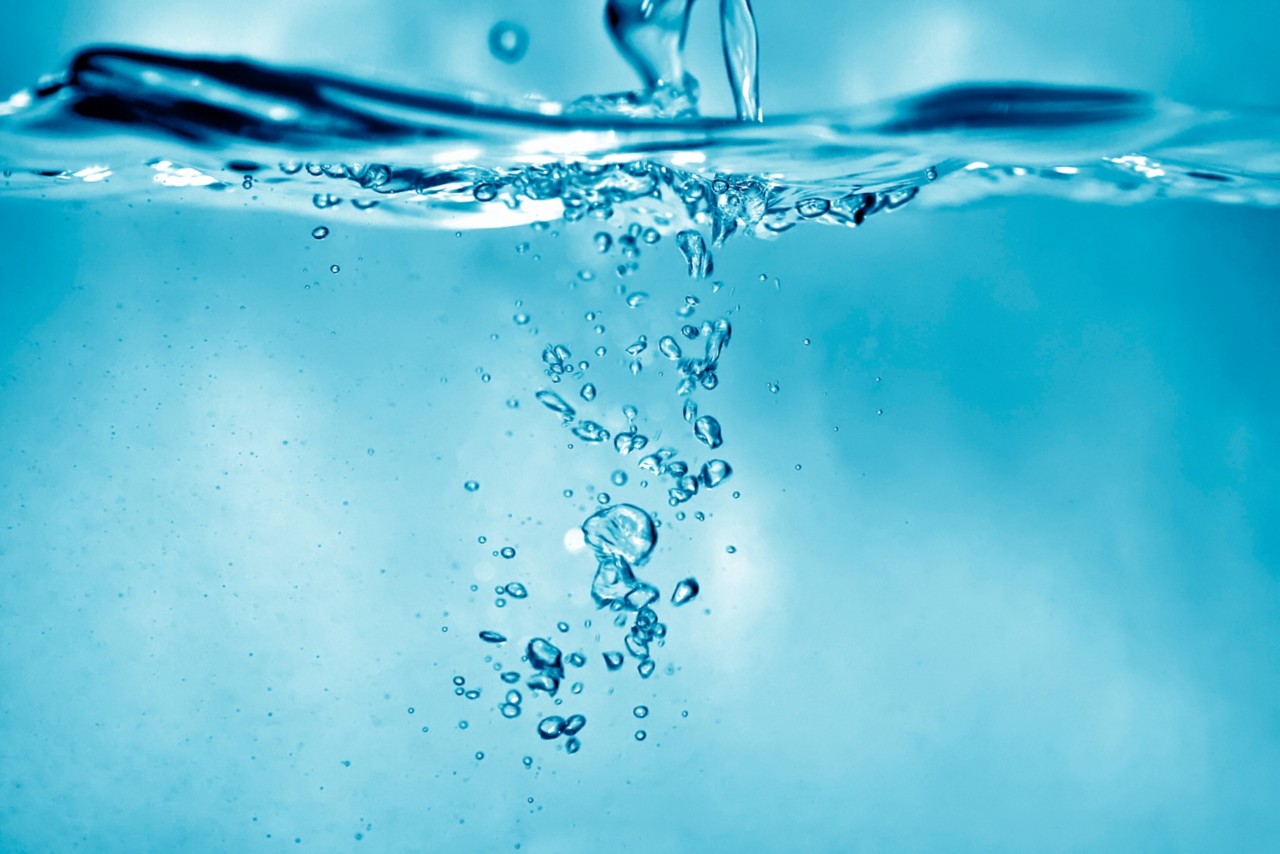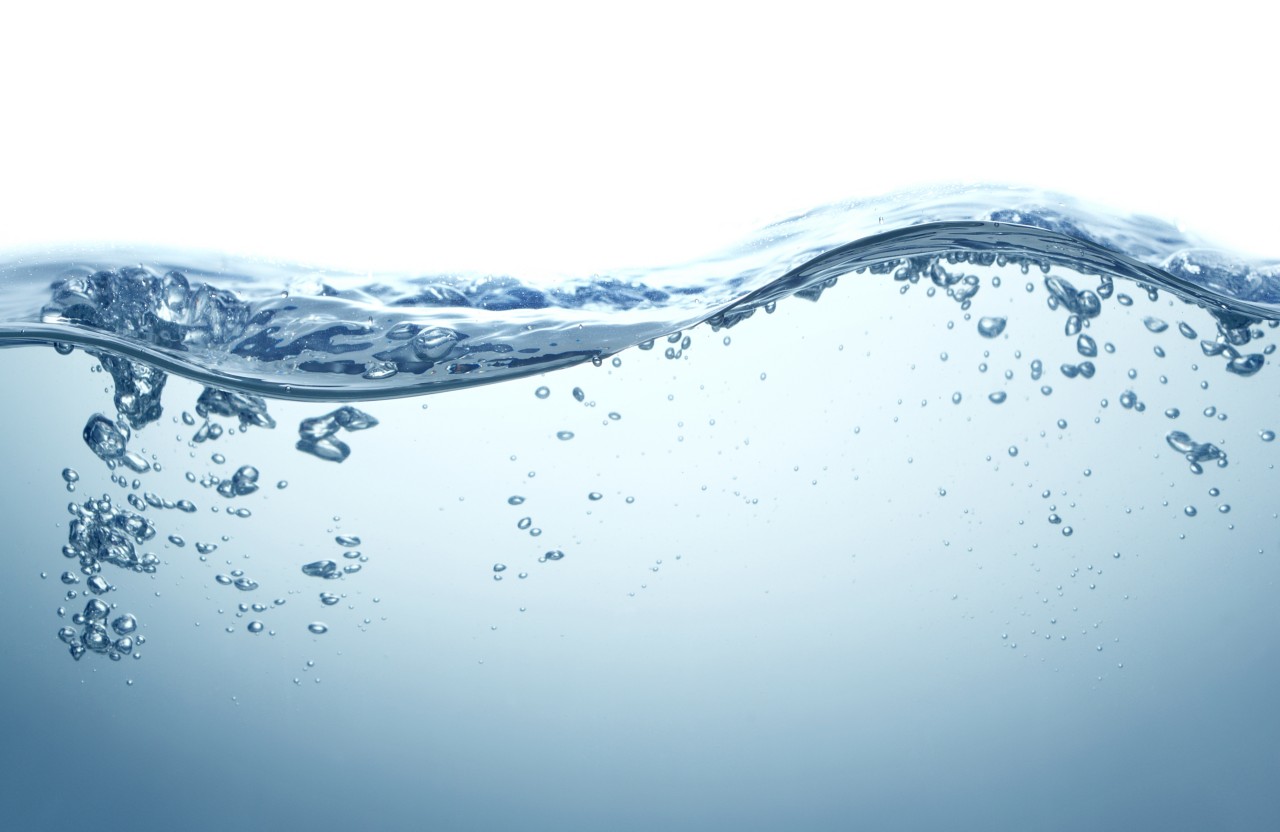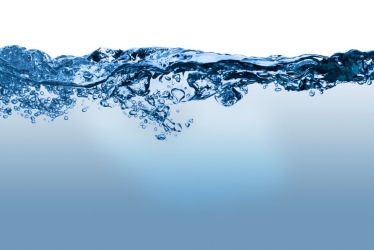Stop Wasting Water and Money. FIND A LOCAL PRO
Hard water is known to wreak havoc on your toilets, faucets, and water appliances like dishwashers and washing machines It may also affect your skin and hair by making it dry and itchy. What you may not know is that hard water can impact your cooking, baking and brewing processes.
Benefits of Cooking with Soft Water
Is it okay to cook with soft water? Absolutely! Here are some of the benefits soft water can provide whenever you’re in the kitchen.
Improved Taste
Hard water has high mineral content. Whenever you cook with hard water, you’re adding all those minerals to your dish, which can affect your food. For example, hard water can significantly impact dough by making it too stiff and tough.
On the other hand, cooking with softer water can keep the mineral content low and help maintain the true flavor of your ingredients, resulting in a tastier meal.
We are water Experts
Water quality is non-negotiable. To prove it, we've built state-of-the-art water quality labs and filled them with the best and brightest scientists — all so we can provide you with the best water of your life.
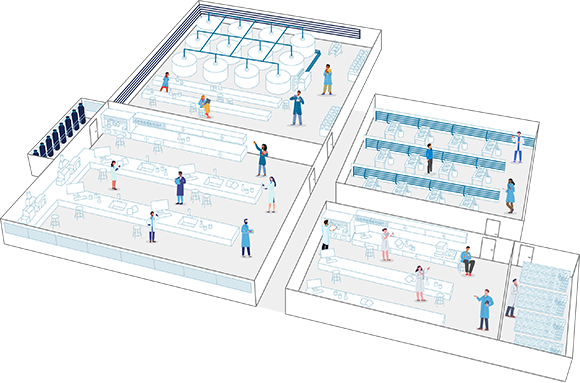
Kitchen Appliances Can Last Longer
Hard water contains high levels of minerals such as calcium and magnesium. When you use hard water with kitchen appliances like coffee makers and tea kettles, it can produce scale buildup over time, clogging these appliances and making them harder to use. Softening your water can help lower mineral content and improve the efficiency and lifespan of your appliances.
Cooking Vegetables
Eating vegetables can be an ordeal for some people, especially your kids. However, cooking your veggies with soft water can make them much more enjoyable to eat. If you use hard water, you’ll have to increase your cooking time and temperature because of its high mineral content. As a result, you’ll most likely overcook your vegetables, giving them a tough texture and bland taste.
Instead, use soft water for cooking your vegetables. It takes less time and can produce a better texture.
What's in your water?
start here
Worried about your water? Take control with our at-home water test kit. We'll analyze your water and recommend the best filtration or softening solution for your specific needs.
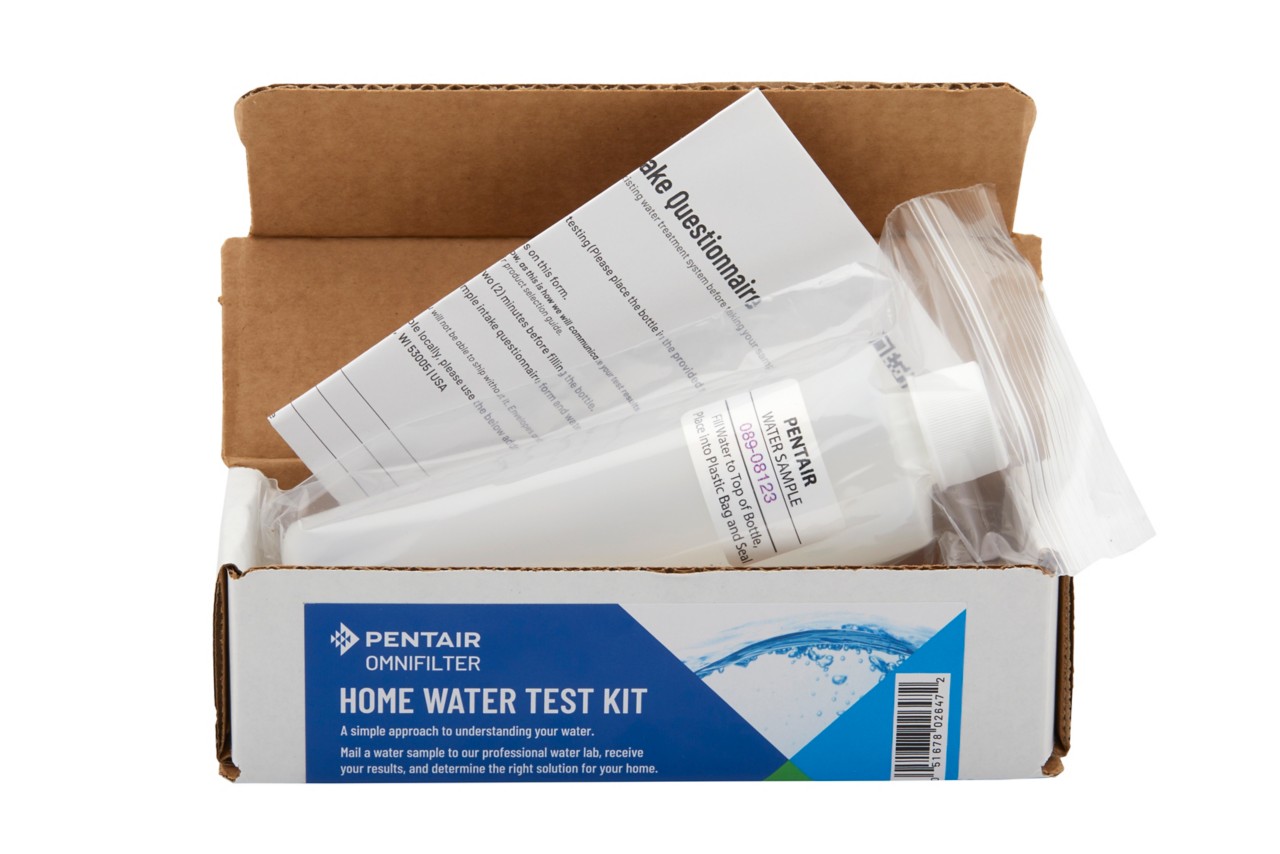

Water 101
Unleash the secrets of your H2O! Explore where water originates and discover the various water filtration solutions that transform it into drinkable water.
Related Articles
Disclaimer: The information on this website has not been reviewed by the FDA. Products offered for sale herein are not intended to treat, cure or prevent any disease or health condition. No medical claims are being made or implied. Contaminants mentioned are not necessarily in your water.




